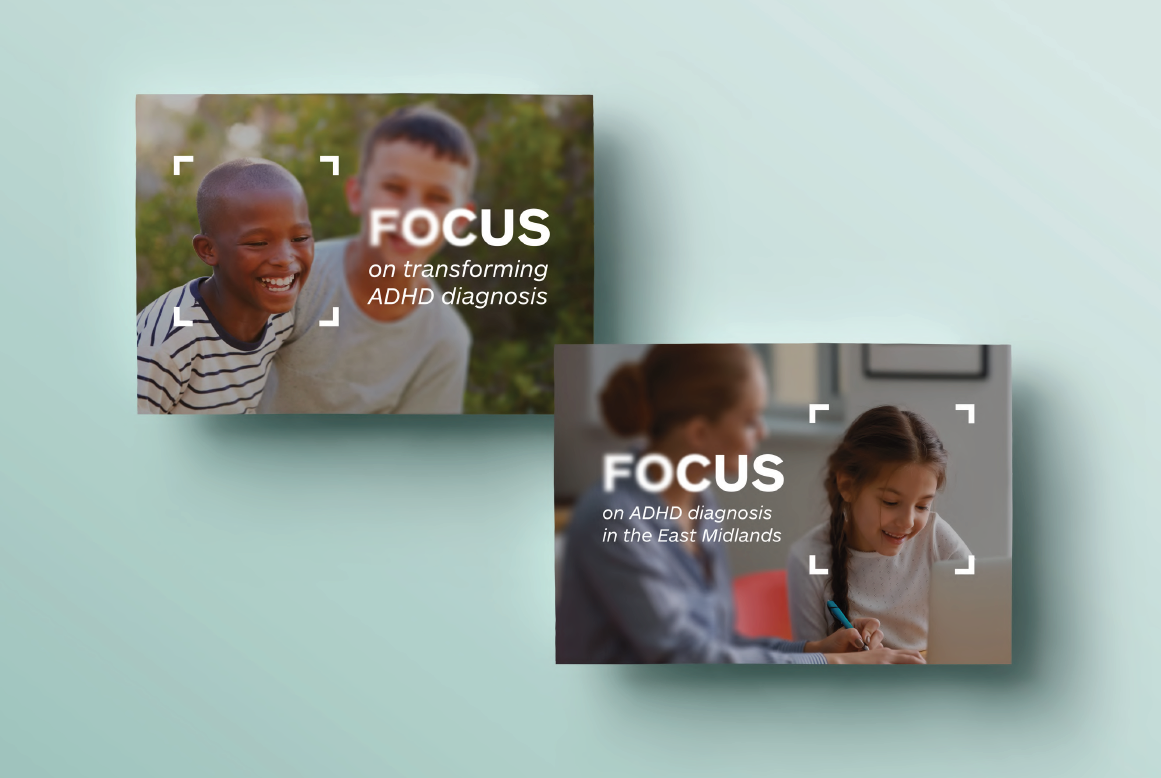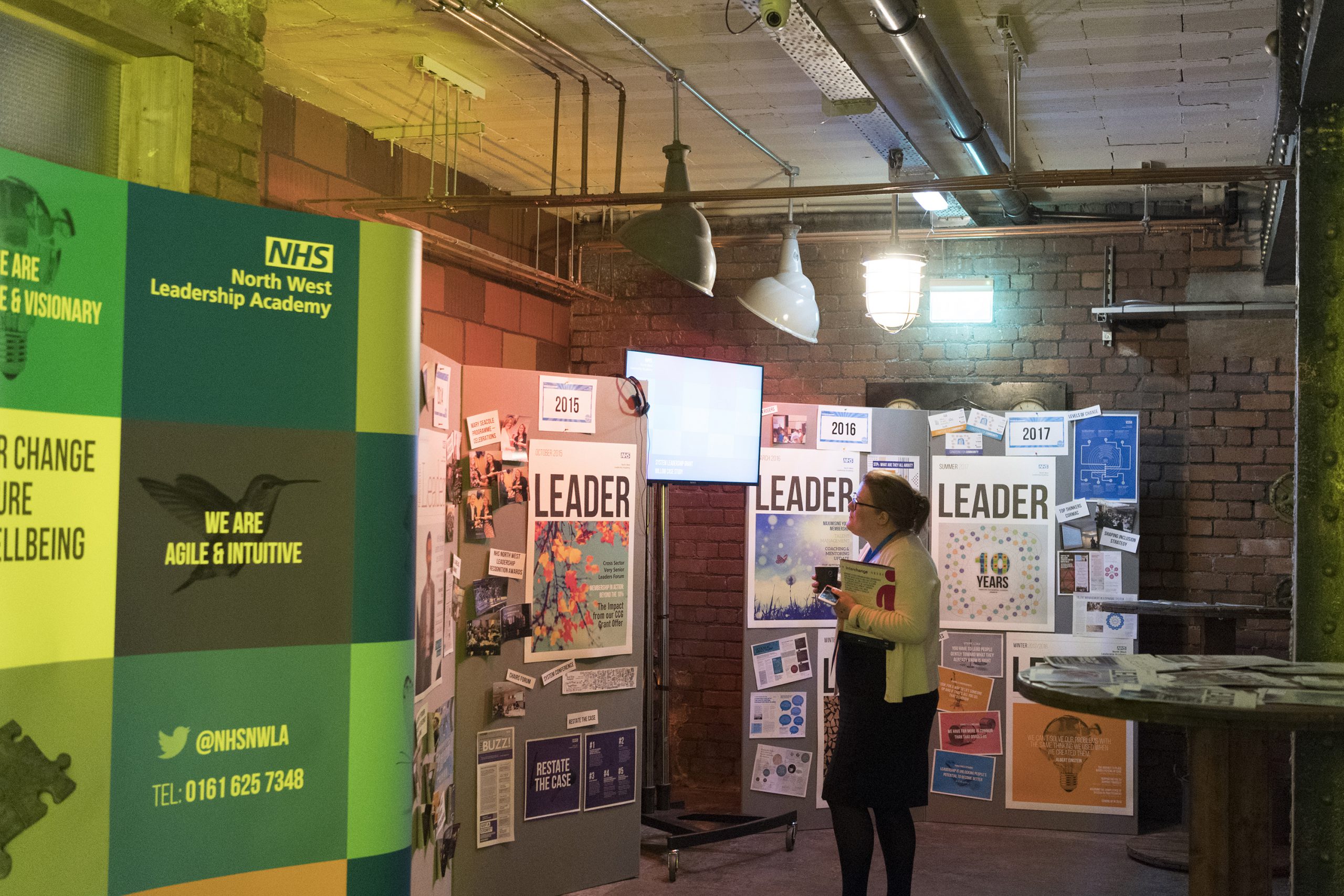Project deliverables
- Branding & Design
- Filming & Editing
- Narrative Creation
- Social media
- Strategic thinking
CARE programme – Brand & Narrative Development
Creating the brand & narrative
When Cynergy first met with the NAPC team, the programme was just approaching completion of the pilot programme. The feedback showed positive results with GPNs feeling supported, empowered and more resilient, having the confidence to take on leadership roles and develop new initiatives to help their GP practices. NAPC therefore needed strategic engagement support to help them to creative a narrative which was engaging, and clearly articulate the offer and its benefits to the system, with the aim of rolling the programme out nationally to different regions. We needed to synthesise and package the offer with a name, logo, branding, narrative and promotional materials, at which we could then look to market the offer and build engagement.
Taking the core elements of the programme and focusing on its overall purpose – to become one resilient, collaborative and empowering primary care workforce, we created the ‘CARE’ Programme and acronym for Connected, Authentic, Resilient, & Empowered GPN workforce.
Our creative team then set to work on bringing this to life visually, to create an impactful and engaging programme brand. A particular challenge with this brief was how to co-brand the programme, as there were several key partners involved. With NHS England & Improvement the lead partner, and with the target audience being from across Primary Care, we led with an NHS identity, drawing on the palette and font, adding partner logos across the bottom.
We created simple icons, to reflect each of the key components of the CARE programme e.g., Connected, Authentic, Resilient & Empowered, housed in different shapes, and given its own visual identity, to reflect the diversity of each. When combined together, this created a heart which became the overarching logo for the programme, whilst anticipating for, and allowing growth of both the programme and brand, by providing flexibility to add additional components, colours and icons going forward, ensuring its sustainability into the future.
We then worked to refine the programme narrative to clearly explain what the offer was, create interest and show how CARE was initiating real change and achieving system-wide improvement by supporting GPNs. At a time when the COVID-19 pandemic was hitting its first peak, all of this together was helping to establish CARE as a pioneering programme that connects and empowers primary care multidisciplinary teams, builds resilience and strengthens leadership skills – whilst emphasising the message that we cannot pour from an empty cup.
Developing the impact
To further support the engagement and roll out of the programme, we also virtually recorded (due to the pandemic) and edited videos of participants from the BLMK pilot, sharing their thoughts on the programme to not only promote the benefits of GPNs taking part, but also the positive impact it has on practices and patients, and to ultimately help GPs and managers understand why they should invest in this group of people in their workforce. Alongside this we filmed key figures involved in the development of CARE e.g., NHS England and NHS Improvement’s Primary Care Nursing Lead, Karen Storey (NHS England) and the president of NAPC, Johnny Marshall. In these videos we wanted the key messages to highlight why the CARE programme agenda is so important and why it is an initiative worth investing in by those leading General Practice. As more cohorts joined the programme, more people we were able to film as it rolled out across regions.
To broadcast and reinforce the message wider, Cynergy also managed the GPN CARE Twitter account; planning, creating and scheduling content and posts that promoted case studies, videos and cohorts who were joining the programme. We created a feed that provided regular updates on what was happening with the programme and really showcase the positive impact CARE was having across the system. To achieve optimal engagement, we used hashtags that would reach the relevant audiences and increase engagement as much as possible, whilst also tagging key accounts and individuals to retweet to their networks.
Cynergy also created branded CARE visuals to spotlight key statistics and quotes from people involved in the programme to further increase audience engagement. Regular check-in calls were scheduled with the NAPC lead to help direct the angle of content and keep up to date with programme news.
The launch of the CARE programme came at a time when the NHS was transforming in response to the pandemic and the whole of the workforce was under immense pressure. The programme was able to tap into the huge range of skills and qualities of general practice nurses, assist them in their roles at this time and strengthen their leadership and their position, empowering them to lead and shape services to better serve their communities and patients. It was therefore incredibly important that the benefits of this programme were given the platform and resources required to really establish itself as a pioneering, collaborative venture. We have loved working with the CARE programme, forming its narrative, nurturing its growth and seeing the impact it is having on the GPN workforce one year on.



